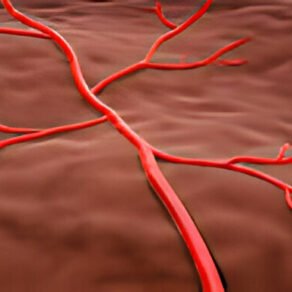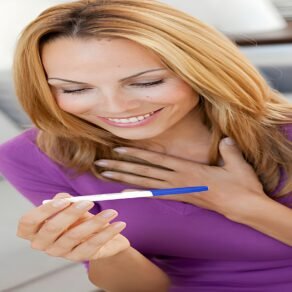The journey of pregnancy is an exhilarating and transformative experience, marked by various physical and emotional changes. For many expectant mothers, the onset of pregnancy symptoms serves as the initial confirmation of this life-altering event. Understanding when these symptoms typically start can provide valuable insights into the early stages of pregnancy.
Early Signs and Symptoms
Pregnancy symptoms can manifest differently from woman to woman and even from one pregnancy to another. However, some early signs are commonly reported by expectant mothers. These may include:
1. Missed Period: For many women, a missed menstrual period is often the first indicator of pregnancy. This occurs when the fertilized egg implants in the uterine lining, halting the normal menstrual cycle.
2. Fatigue: Feelings of extreme tiredness and exhaustion are common early pregnancy symptoms. Hormonal changes, increased metabolic demands, and emotional stress can contribute to this fatigue.
3. Nausea and Morning Sickness: Nausea, often accompanied by vomiting, is a hallmark symptom of early pregnancy commonly referred to as morning sickness. Despite its name, morning sickness can occur at any time of the day.
4. Breast Changes: The breasts may become tender, swollen, or sensitive to touch as early as one to two weeks after conception. Hormonal fluctuations play a significant role in these changes.
5. Frequent Urination: Increased urination frequency is often experienced in early pregnancy due to hormonal changes and the expanding uterus putting pressure on the bladder.
When Do Symptoms Typically Start?
Pregnancy symptoms can start as early as one to two weeks after conception, although some women may not experience noticeable symptoms until several weeks into their pregnancy. The timing of symptom onset can vary based on factors such as individual physiology, hormone levels, and overall health.
Implantation Bleeding: Some women may experience light spotting or implantation bleeding around the time of implantation, which typically occurs 10 to 14 days after conception. This may be mistaken for a light period.
The Role of Hormones: Hormonal changes, particularly an increase in human chorionic gonadotropin (hCG) and estrogen levels, play a crucial role in triggering early pregnancy symptoms. These hormonal fluctuations affect various bodily systems, leading to the manifestation of symptoms.
Seeking Confirmation
While experiencing early pregnancy symptoms may strongly suggest pregnancy, the most reliable method for confirming pregnancy is through a pregnancy test. Home pregnancy tests detect the presence of hCG in urine, providing a quick and convenient way to confirm pregnancy in the privacy of one’s home. For added accuracy, it is advisable to perform the test a few days after a missed period.
Conclusion
The onset of pregnancy symptoms marks the beginning of an incredible journey filled with anticipation, excitement, and joy. Understanding when these symptoms typically start can help women recognize the early signs of pregnancy and take appropriate steps for confirmation and prenatal care. While each pregnancy is unique, being aware of common symptoms and their timing can empower women as they embark on this remarkable adventure of motherhood.





